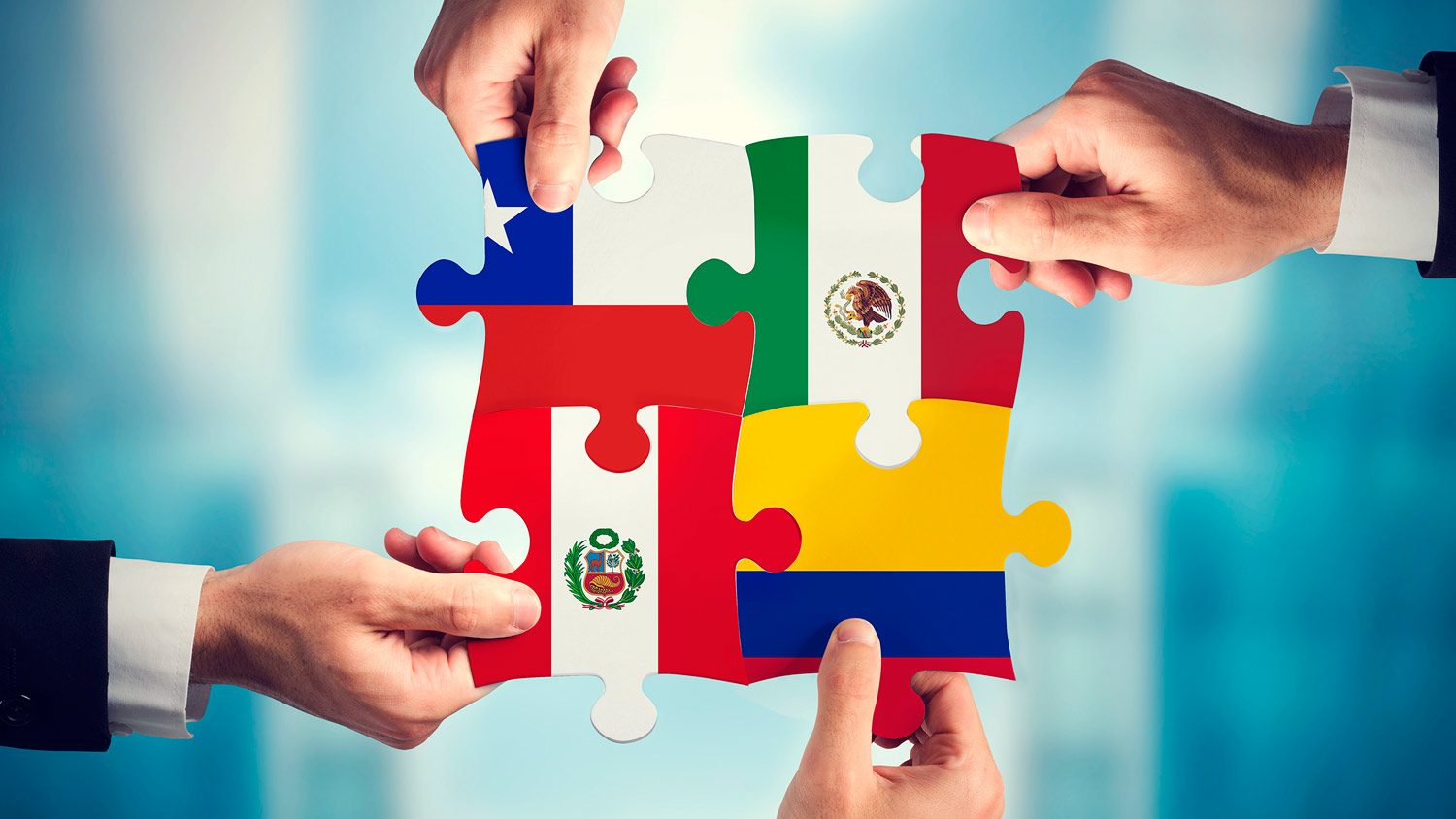Chile and the TPP (Transpacific Partnership)

Chilean Foreign Policy reaffirmed its relentless path of FTAs and a commitment to an open economy under WTO precepts. Chilean Exterior Minister Mr. Heraldo Muñoz and the other 11 member countries’ representatives signed the TPP in Auckland, New Zealand, on February 3rd, 2016. Chilean Foreign Minister Muñoz announced the signature of the TPP as a milestone in the creation of jobs and growth. This mega-treaty had initially involved 12 economies: countries in the Asia-Pacific rim area, like Japan and the USA. However, the USA withdrew from the treaty when President Donald Trump became the new POTUS in January 2017. The mega treaty, TPP, once pioneered by the Obama administration as a pivot to China, is a turning point in global commercial blocs. This mega-treaty accounts for 40% of global GDP and 800 million consumers worldwide.
In February 2016, Mr Muñoz explained that the TPP would be in force once all 12 member countries had ratified the treaty in their local senate houses. A heated debate is expected during these two years. Some antagonistic voices claim that the TPP will severely affect Chilean interests, mainly the terms agreed on patents and pharmaceuticals, arguing that the local taxpayer will be forced to pay much more for medical drugs. However, Muñoz signaled those sensitive interests were appropriately safeguarded. The 12 member states would have to initiate the debate with their respective senators to ratify the treaty. This is especially significant once Obama leaves office. What is important to mention here is that Chile already has a BIT with America dating back to 2004, and the chapter on pharmaceuticals had been negotiated back then. The first approach between Chile and America in the TPP negotiations ended in Chilean refusal of the treaty. However, negotiations prospered to the point that pharmaceutical companies agreed to five-year patent rights instead of 8 years as proposed initially by these companies.
Get more information on the negotiations to come ahead; the controversy, and the deal itself.
